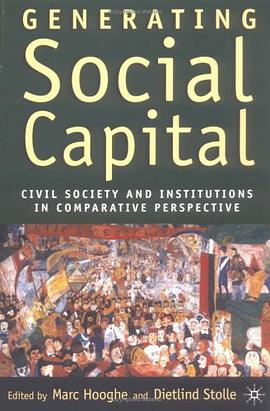
具体描述
The attacks of 9/11 have been broadly misunderstood. In assessing the meaning and significance of "the war on terror," the author of this book raises many issues related to the Middle East and American policy toward that region. He debunks the entire "exceptionalist" approach to the Arab world (the presumption that Arab societies fail to be fathomed by Western social science). While stressing the need for resolving the war on terrorism favourably, he also suggests two broad policy recommendations. First, he argues that while the U.S. should maintain its firm commitment to Israel's preservation, it has no corresponding duty to support Israeli expansionism. Second, the author concludes that an American withdrawal from Iraq must be effected as early as possible. The author's provocative thesis is that the attacks of 9/11 were not as unique an event as we commonly believe. Rather, they were understandable - though deplorable - human reactions to a combination of factors that fuelled the Arab world's marginalisation and led to a generalised feeling among the people of that region that the West (and particularly the United States) posed a mortal threat to their identity. Employing three case studies of marginalised violent conflict - Mexico's Zapatista conflict, Egypt's struggle against the Gama'a allslamiyya, and Nigeria's fight against the Ogoni people in the Niger Delta - the author demonstrates the dynamics through which "traditional" peoples have in modern times opted to wage hopeless struggle against objectively more powerful states. The parallels between these situations and the Islamist insurgency against the West are striking, and help us gain a better understanding of the meaning of 9/11.
作者简介
目录信息
读后感
评分
评分
评分
评分
用户评价
相关图书
本站所有内容均为互联网搜索引擎提供的公开搜索信息,本站不存储任何数据与内容,任何内容与数据均与本站无关,如有需要请联系相关搜索引擎包括但不限于百度,google,bing,sogou 等
© 2026 qciss.net All Rights Reserved. 小哈图书下载中心 版权所有





















